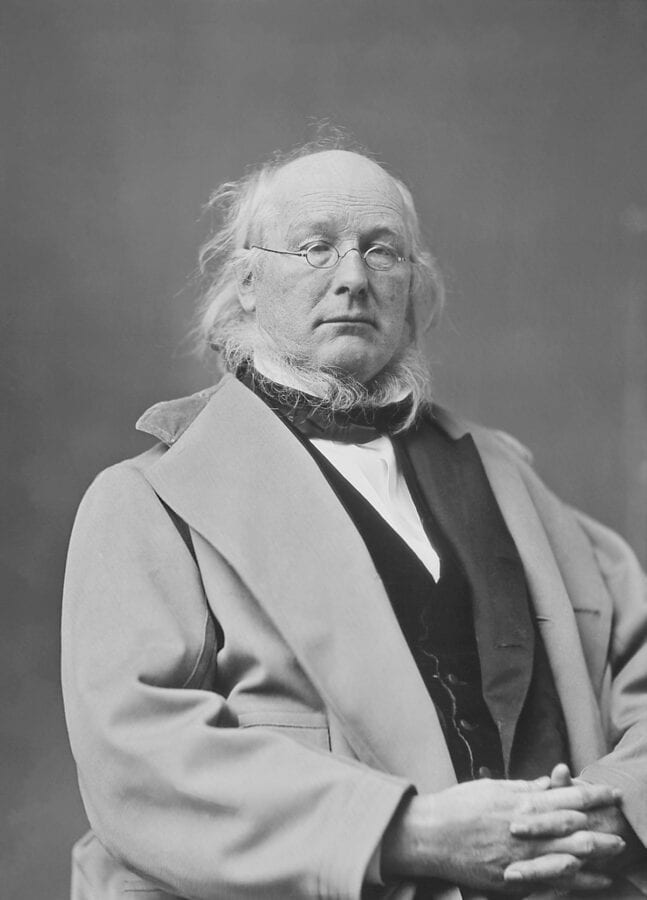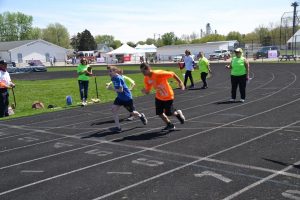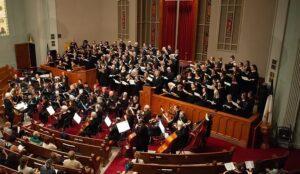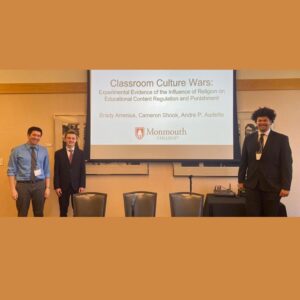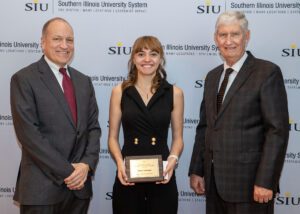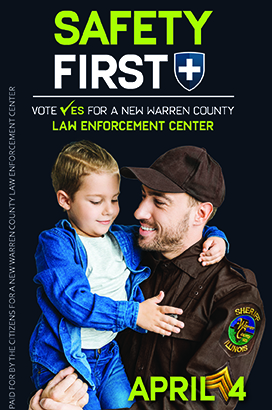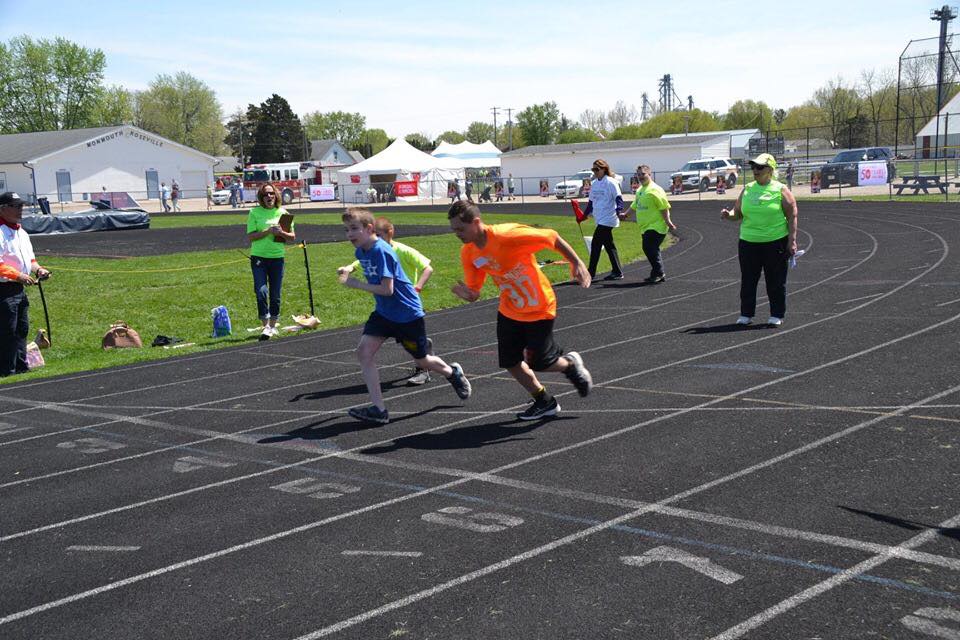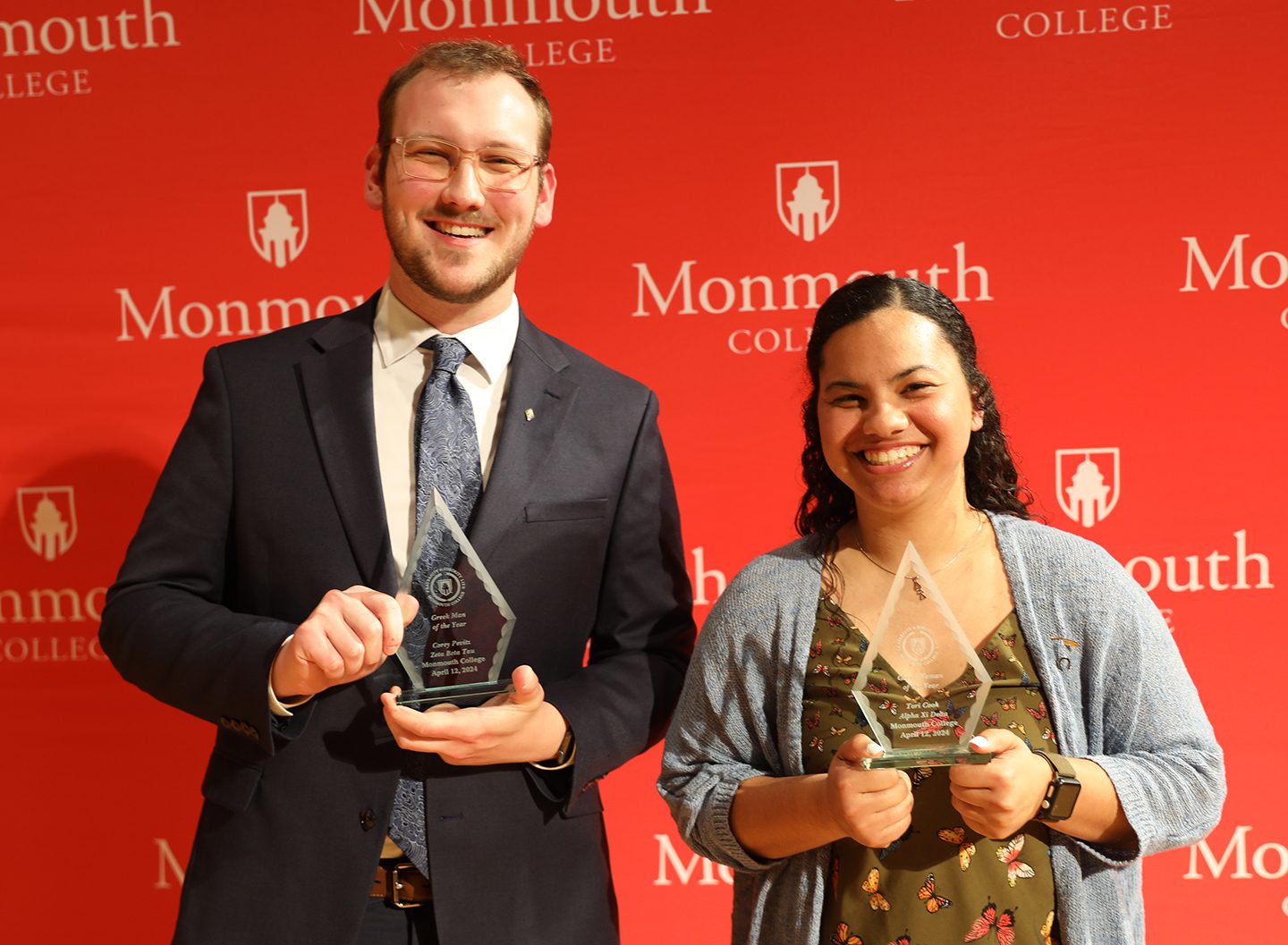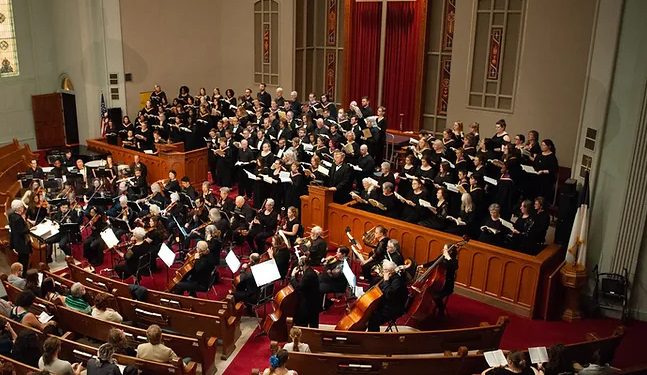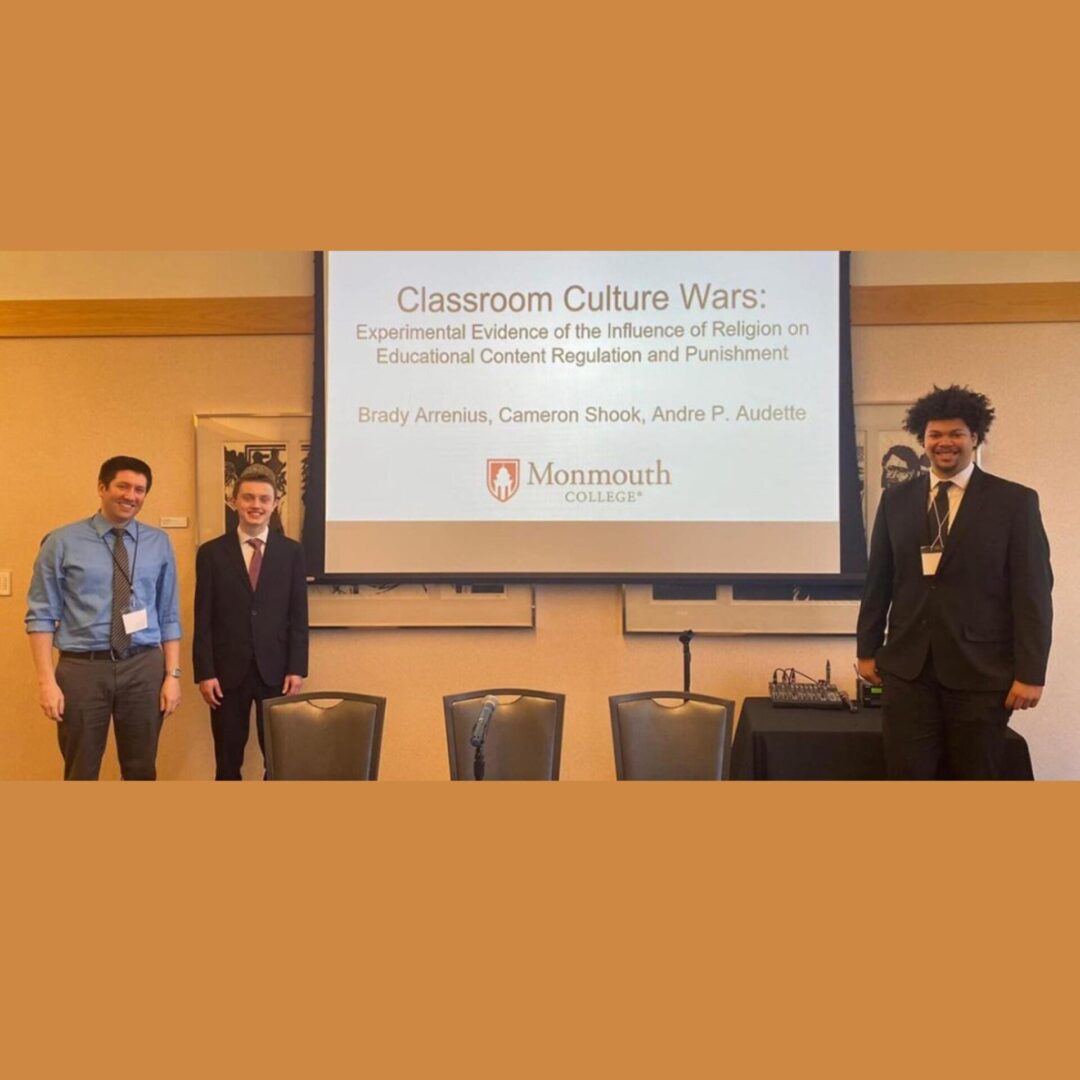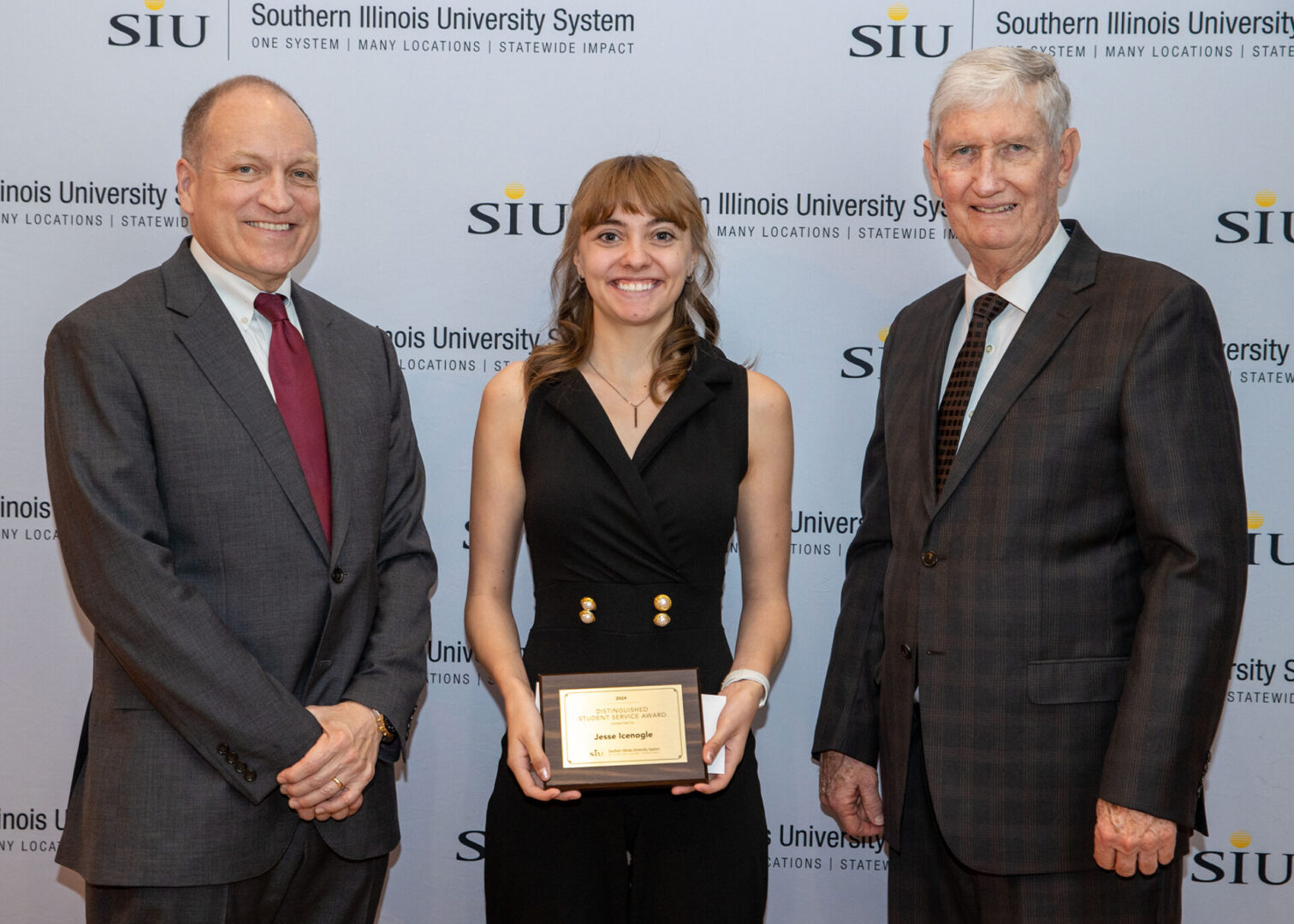WHEN HORACE GREELEY WENT WEST, TO MONMOUTH
Although Horace Greeley probably did not actually coin the slogan “Go West, young man,” he was a vocal advocate for western expansion and the completion of the transcontinental railroad. In 1859, the intrepid journalist made a celebrated overland journey from New York to San Francisco, which he chronicled in his newspaper, the New-York Tribune. Just a few months after that trip, Greeley again went west—to Monmouth—where he spoke before a capacity audience on Jan. 25, 1860.
In the years immediately preceding the Civil War, Greeley had developed a popular following as an outspoken editor who was one of the founders of the Republican Party. The weekly version of his newspaper, sent by mail to thousands of subscribers on the western frontier, was eagerly devoured by Monmouth’s conservative population. While transportation to Monmouth in the mid-19th century was tenuous, the young city did have the opportunity to occasionally welcome distinguished lecturers from the East coast, thanks to the Lyceum movement, which by 1830 had developed active centers in Cincinnati and Jacksonville, Ill.
Based on mechanics’ institutes which had gained popularity in England in the 18th century, the Lyceum was a non-partisan national organization with membership open to all—both men and women, from all walks of life. An annual membership fee of $2 provided access to a world of knowledge, and some of the country’s leading intellectuals, including Emerson, Thoreau, Edward Everett and Horace Mann, made their services available on the lecture circuit. Mann, in fact, had spoken in Monmouth not long before Greeley’s visit.
In those days, local organizations contracted directly with speakers, and in 1859 a Monmouth College student named Matthew Jamison wrote to Greeley requesting that he speak at the invitation of the Eccritean Society, one of the college’s three student literary organizations. For a fee of approximately $50, Greeley agreed to speak.
According to Jamison in his memoirs, “The people were eager to see and hear him. His eccentricities no less than his great ability contributed to this curiosity. Since the foundation of our Government we have had only two (not more) great journalists in this country — Benjamin Franklin and Horace Greeley. This was my thought when a young man and at the close of half a century I am still of that opinion. These two men in intellectual force surpassed a thousand, and they will be remembered when ten thousand bright editorial pens are forgotten.”
As chair of the lecture committee, Jamison’s responsibilities included meeting and chauffeuring the speaker around Monmouth. Greeley arrived on the early morning train from Chicago, and Jamison was late in getting down to the C.B. & Q. passenger depot on South Third Street. Jamison described the encounter thus: “The depot was a dirty little dry-goods box, the reserved space fully occupied by a ‘cannon’ soft-coal stove, by the side of which stood the solitary figure of the great editor, wrapped in an enormous buffalo great-coat, his well-remembered face and full dome of thought o’ertopped by a broad-brimmed Quaker hat of the precise pattern of William Penn’s own. I concealed my amazement as well as I was able, and found him most cordial and companionable.”
Jamison escorted the editor to the Baldwin House hotel on East Broadway, where he helped Greeley “divest himself of his wooly buffalo investment” and “uncovered the famous old ‘drab overcoat’ which had become, on account of its age and constant daily service, a piece of garmenture subject to national comment.”
Photographer William Judkins Thomson requested that Jamison bring Greeley to his studio on the south side of the Public Square for a sitting. Despite his exhausting train journey, the good-natured lecturer agreed. After breakfast, Jamison led his charge toward the square, recalling later that “Mr. Greeley had a certain inequality of carriage as a birthright, a lameness, or shuffling gait, which made him appear to disadvantage as he made his way through the town, and it followed that we had all the idlers and street Arabs at our heels.”
Following the photo session, Greeley had an appointment to meet with the editor of the Republican Atlas. Jamison continued his recollections: “…at our reappearance upon the street [the crowd] fell in again like Falstaff’s army, receiving recruits momentarily, so that by the time we had got around to the Atlas office we had a large convoy. The local newspaper office occupied another dry-goods box under the old cottonwood tree at the northwest corner of the public square. At this point the motley crowd, narrowly watching our distinguished visitor’s every change of direction, and probably anticipating our objective, overflowed the local editor’s sanctum in advance, so that I had difficulty in getting the two men together.”
After hearing Greeley’s speech that evening, the topic of which was “Great Men,” a writer for the Atlas later praised the speech in a rather backhanded way, saying, “We must confess we were agreeably disappointed in regard to his manner of treating his subject. We expected to hear something dry and prosy, but sensible. Instead he was pleasing, sarcastic and somewhat witty, and full of useful instruction, evincing a profound knowledge of history, the biography of great men.”
Like Jamison, the Atlas reporter felt compelled to comment on Greeley’s wardrobe: “He fully answers the description we have frequently read of him, excepting in one particular, and that is the hat he wore, which has been changed from an old white to an old dilapidated black slouched broad-brimmed beaver. He wore a large drab or light-colored overcoat which had been robbed of its buttons by the Pike’s Peak miners while visiting that place. His hands were covered by a pair of ordinary Berlin gloves with the right glove on the left hand and vice versa; the rest of his apparel was rather of an old style but neat and clean.”
Within six months of his Monmouth lecture, Greeley would begin playing a key role in American politics, as Civil War loomed. As a delegate to the Republican National Convention in Chicago, he endorsed Abraham Lincoln for president on the third ballot, after his choice, Edward Bates, failed to garner enough votes. When war broke out, Greeley initially advocated the South becoming a separate nation, but increasingly he sided with Lincoln’s war strategy. As the war dragged on, he and Lincoln were often at odds, but in the end he regarded Lincoln as a hero and a martyr.
For Maple City Memories, I’m Jeff Rankin.


